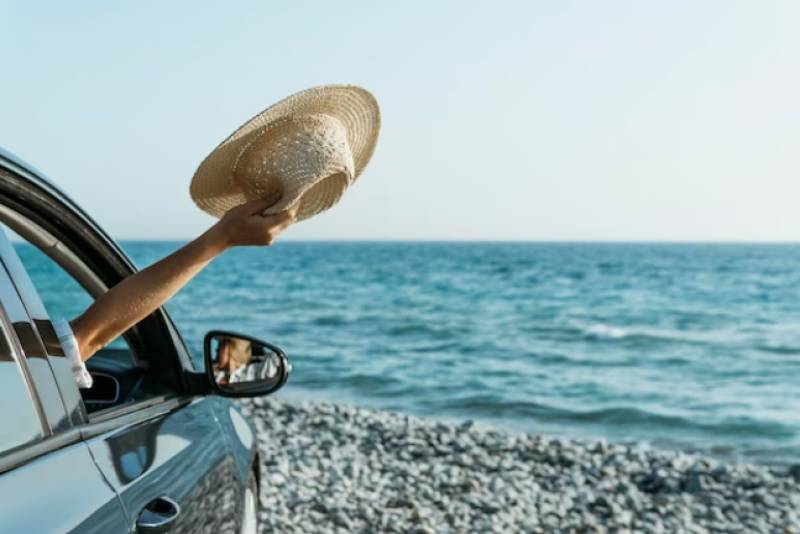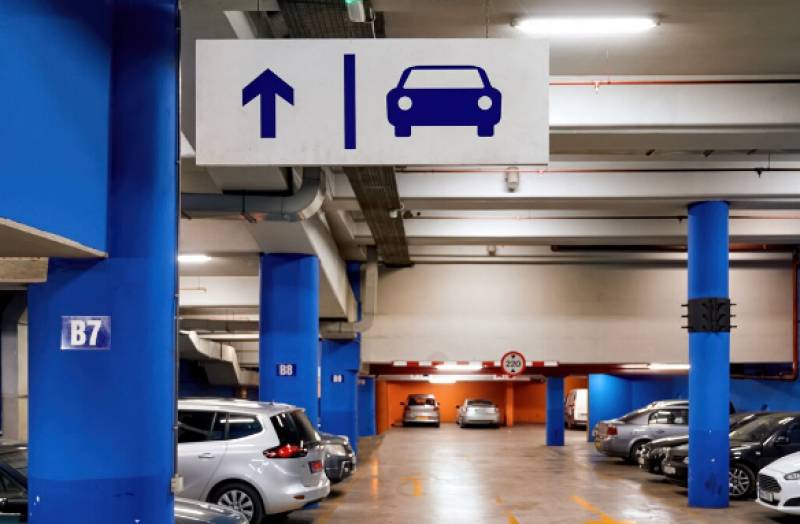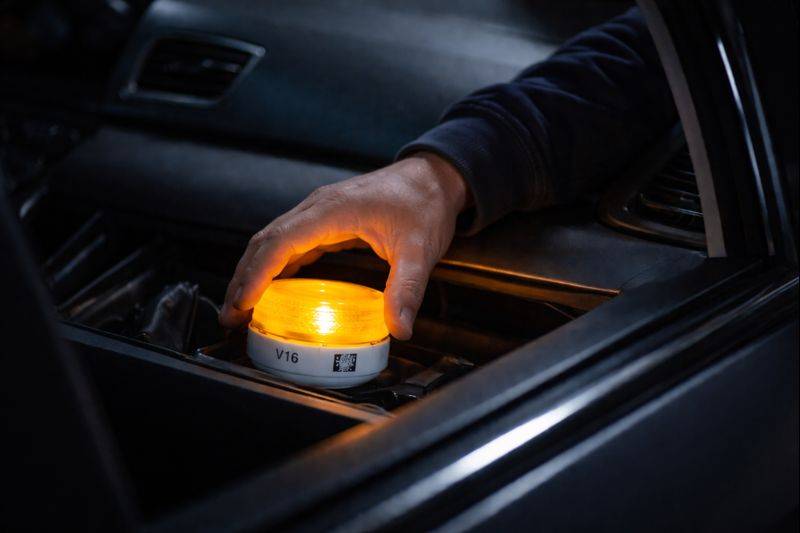- Region
- Vega baja
- Marina Alta
- Marina Baixa
- Alicante
- Baix Vinalopo
- Alto & Mitja Vinalopo
-
ALL TOWNS
- ALICANTE TOWNS
- Albatera
- Alfaz Del Pi
- Alicante City
- Alcoy
- Almoradi
- Benitatxell
- Bigastro
- Benferri
- Benidorm
- Calosa de Segura
- Calpe
- Catral
- Costa Blanca
- Cox
- Daya Vieja
- Denia
- Elche
- Elda
- Granja de Rocamora
- Guardamar del Segura
- Jacarilla
- Los Montesinos
- Orihuela
- Pedreguer
- Pilar de Horadada
- Playa Flamenca
- Quesada
- Rafal
- Redovan
- Rojales
- San Isidro
- Torrevieja
- Comunidad Valenciana
article_detail
3 risks of taking your car to the beach
Parking too close to the sea can have many detrimental effects on vehicles

Many people in Spain choose to escape the stifling heat of the cities and towns in summer and head for the beach, and given the options of planes, trains and automobiles, the car is often the better bet.
Aside from the freedom hitting the open road affords, driving can be much cheaper than flying, given the fact that airline tickets are going up and up in price. Motorists also aren’t limited by luggage allowances, so the whole family, bags and baggage can be piled in.
Spain has no end of quality camp sites and parks, ranging from idyllic mountainside retreats to bustling coastal resorts. And now that the traffic authorities have clarified that campervans and motorhomes can park up in public much the same as cars can, the opportunities to become one with nature are endless.
Of course, the beach is the obvious choice for so many people, but it’s worth bearing in mind that parking too close to the sea can be very detrimental to vehicles, particularly if you plan to stop for several days.
The dangers of taking your car to the seaside
Autobild is a website specialising in all things vehicular and this summer it’s pointed out three reasons why you shouldn’t park right next to the shore.
1. Saltpeter
This is essentially the mineral-heavy spray carried inland by sea breezes which can very quickly corrode bodywork. Not only that, but prolonged exposure can damage the inside of the car as well as metallic elements like the engine.
Needless to say, the longer you’re parked up, the worse the damage can get, and it’s not unheard of for the saltpeter to destroy the rubbers and glass.
2. Sand
Just like sea spray, coastal winds carry sand, which can rapidly damage the bodies of vehicles. The experts recommend drivers wash their cars with pressurised water or air after a trip to the beach. While at the seaside, it’s a good idea to park facing away from the ocean and cover the car if possible.
And don’t forget to shake out shoes and clothes before getting into the vehicle to protect the upholstery.
3. Sun and heat
Parking under the direct glare of the sun will quickly degrade plastic and excessive heat can wear the tyres out. Place a sun visor in the windscreen and always check the state of the tyres after a long stay beachside.
Find all the latest motoring and travel news here or join our Driving in Spain Facebook group for regular updates
Image: Freepik
staff.inc.ali
Loading
Sign up for the Spanish News Today Editors Roundup Weekly Bulletin and get an email with all the week’s news straight to your inbox
Special offer: Subscribe now for 25% off (36.95 euros for 48 Bulletins)
OR
you can sign up to our FREE weekly roundup!
Read some of our recent bulletins:
Discount Special Offer subscription:
36.95€ for 48 Editor’s Weekly News Roundup bulletins!
Please CLICK THE BUTTON to subscribe.
(List price 3 months 12 Bulletins)
Read more stories from around Spain:
Contact Murcia Today: Editorial 000 000 000 /
Office 000 000 000




















